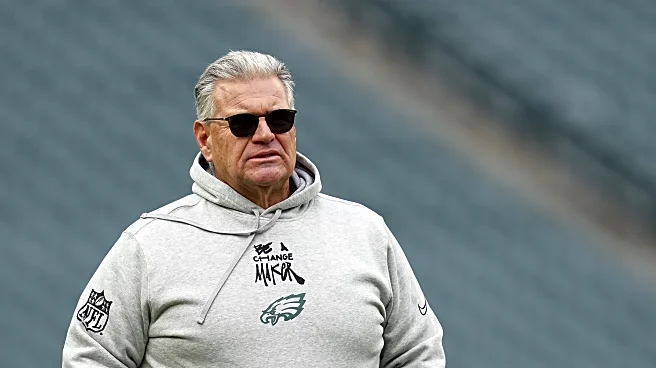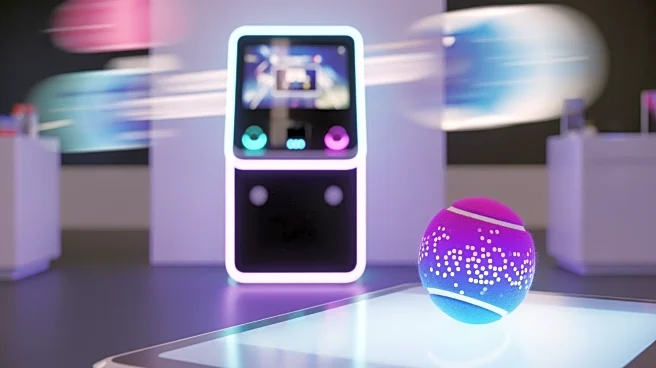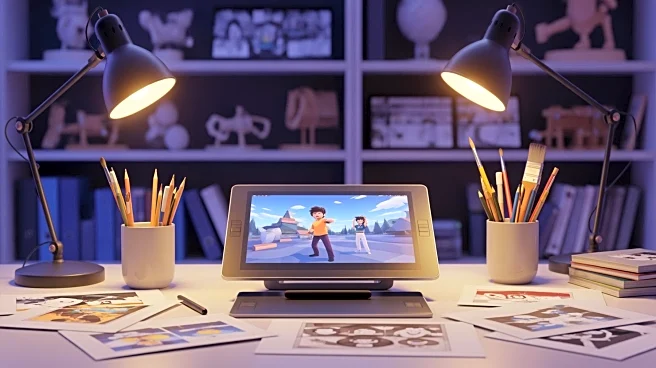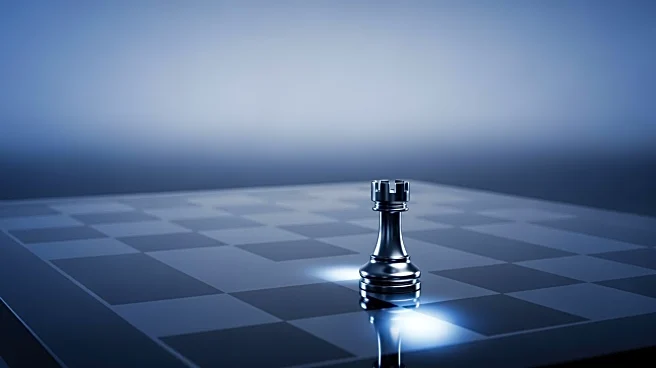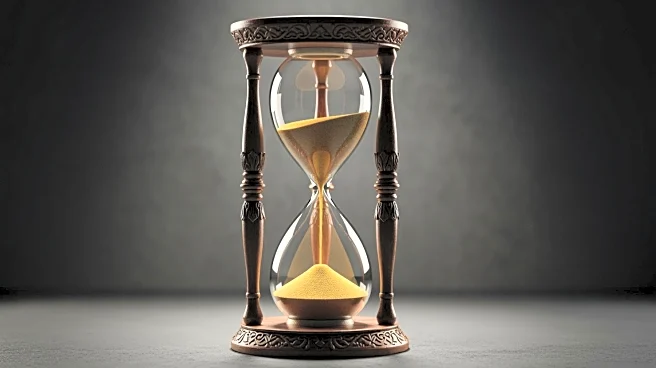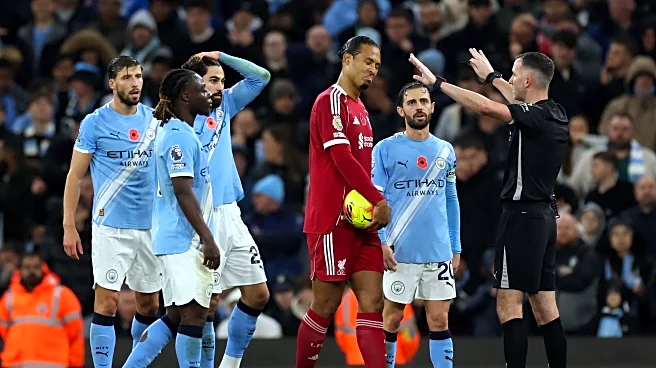What is the story about?
What's Happening?
A model making group in Telford has been credited with significantly improving the lives of veterans and emergency service personnel. Gary Morris, a former RAF air traffic controller, experienced severe depression and isolation following two strokes. His involvement with the Models for Heroes group, founded by Malcolm Childs, has helped him regain social connections and mental well-being. The group celebrated its second anniversary, providing a supportive community for veterans to engage in model making, which serves as a therapeutic activity.
Why It's Important?
The Telford model making group exemplifies the positive impact of community support initiatives on mental health and social integration for veterans. Such groups offer a sense of belonging and purpose, helping individuals cope with challenges like depression and isolation. The initiative highlights the importance of creative activities in promoting mental health and well-being. It also underscores the role of local councils and community funding in supporting veterans and emergency service personnel, contributing to their recovery and reintegration into society.
What's Next?
The Telford model making group plans to continue its activities, relying on community donations and support from local councils. The success of the group may inspire similar initiatives in other regions, expanding the reach of therapeutic model making for veterans. As awareness of the group's benefits grows, it could attract more participants and volunteers, enhancing its capacity to support those in need. The ongoing collaboration with local authorities and community organizations will be crucial for sustaining and expanding the group's impact.
Beyond the Headlines
The story of the Telford model making group highlights broader societal issues related to veteran care and mental health support. It raises awareness about the challenges faced by veterans and the importance of community-based solutions. The initiative reflects a growing recognition of the therapeutic value of creative activities in mental health treatment. It also emphasizes the need for continued investment in programs that support veterans' well-being and social integration, contributing to a more inclusive and supportive society.


